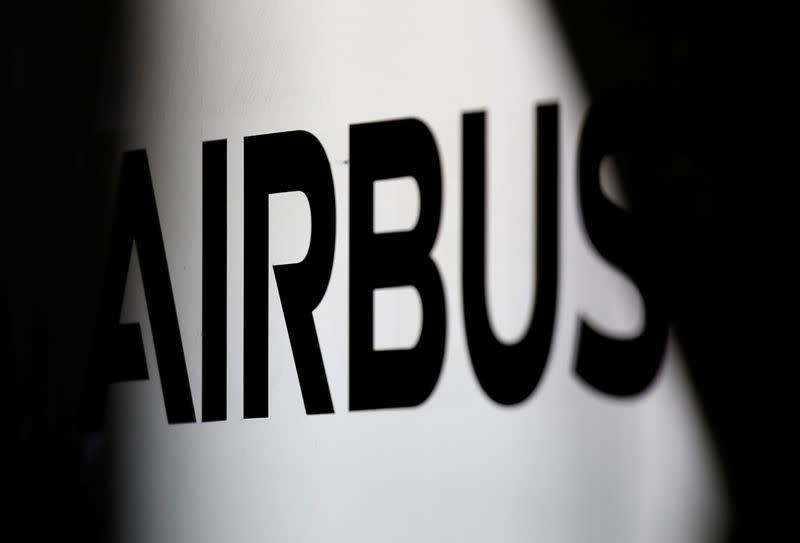U.S. tells WTO 'no valid basis' for EU tariffs in Boeing-Airbus subsidy fight
By David Lawder
WASHINGTON (Reuters) - The United States told the World Trade Organization on Wednesday there was "no valid basis" for the European Union to retaliate against U.S. goods since it has fully complied with WTO findings that Washington state's now-repealed tax breaks for Boeing <BA.N> were illegal.
The formal submission to the WTO aims to neutralize the EU's demand for some $10 billion in annual retaliatory tariffs in a long-running Boeing-Airbus <AIR.PA> subsidy dispute, the U.S. Trade Representative's office said.
The WTO has found the world's two largest planemakers received billions of dollars of unfair subsidies in a pair of cases dating back to 2004 and is ultimately expected to allow both sides to impose tariffs, starting with the United States.
The WTO last year granted Boeing the ability to levy tariffs on $7.5 billion worth of EU goods, including aircraft, wines and cheeses, due to Airbus subsidies deemed illegal.
USTR raised tariffs on Airbus planes to 15% from 10% on March 17, but many airlines are delaying deliveries as the coronavirus pandemic has halted most travel.
Washington state's legislature in March repealed the preferential aerospace tax break first introduced 16 years ago, which saved Boeing some $118 million in 2018 based on published jetliner revenues.
"With Washington State’s repeal of this relatively minor tax reduction, the United States has fully implemented the WTO’s recommendation, ending this dispute," U.S. Trade Representative Robert Lighthizer said in a statement. "This step ensures that there is no valid basis for the EU to retaliate against any U.S. goods."
Airbus spokesman Clay McConnell said it was up to the WTO to decide whether the United States had fully complied, and that process could take a considerable amount of time.
"The assertion of compliance is a claim, and it is the WTO that must decide," he told Reuters.
He said Airbus also looked forward to receiving more information about how the United States would remove "billions of dollars" in other subsidies to Boeing that had been identified in WTO rulings.
Boeing noted it advocated for the full repeal of the tax break even though it was costly for the company. "It was the right thing to do for our customers, our industry, and to prove our commitment to free, fair, and rules-based trade," the company said in a statement Wednesday.
The WTO is widely expected to issue a decision on the EU tariff request in June. Meanwhile EU officials have emphasized their desire to negotiate an end to the dispute, which dates back to 2004.
The WTO decision on the EU's retaliation demands is expected to proceed well before any compliance proceeding could be completed. Even without an appeal, it could take the WTO until mid- to late 2021 to rule on the compliance issue, experts said.
Boeing last week declined to seek aid from the U.S. government $17 billion coronavirus relief fund for aerospace and other national security-linked firms after it raised $25 billion in a corporate bond offering.
USTR launched formal negotiations with Britain on Tuesday for a post-Brexit free trade agreement between the transatlantic allies.
(Additional reporting by Andrea Shalal and David Shepardson, Editing by Franklin Paul, Bernadette Baum and Diane Craft)

 Yahoo Finance
Yahoo Finance 

